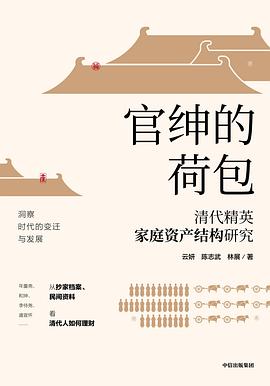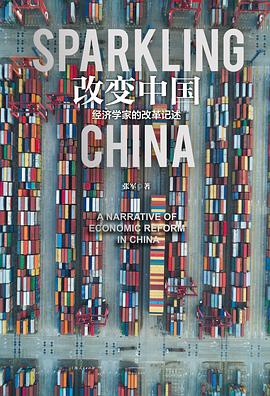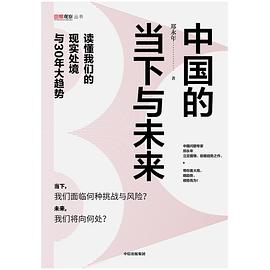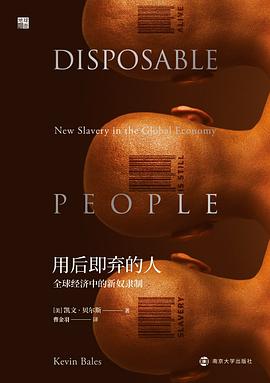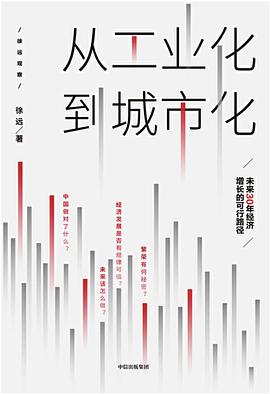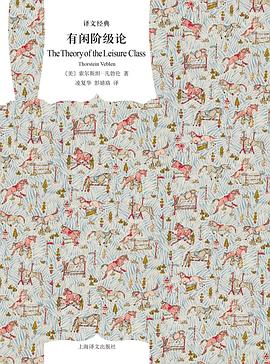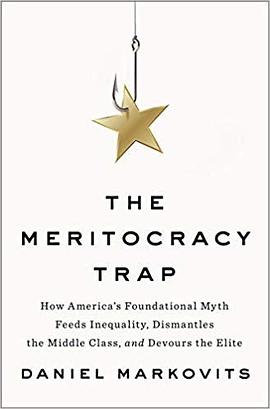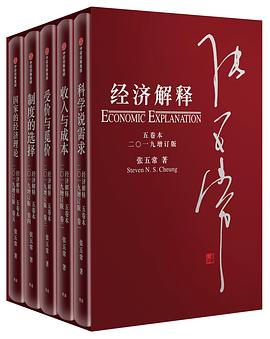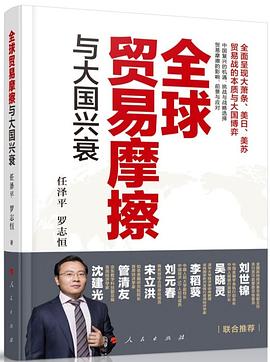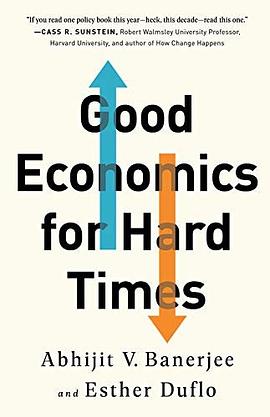

具體描述
Abhijit Banerjee is the Ford Foundation International Professor of Economics at the Massachusetts Institute of Technology, and a co-founder and co-director of the Abdul Latif Jameel Poverty Action Lab (J-PAL). In 2011, he was named one of Foreign Policy magazine's top 100 global thinkers. Banerjee served on the U.N. Secretary-General's High-level Panel of Eminent Persons on the Post-2015 Development Agenda. He lives in Cambridge, Massachusetts.
Esther Duflo is the Abdul Latif Jameel Professor of Poverty Alleviation and Development Economics in the Department of Economics at the Massachusetts Institute of Technology and a co-founder and co-director of the Abdul Latif Jameel Poverty Action Lab (J-PAL). Duflo is a member of the American Academy of Arts and Science, and has received numerous academic honors and prizes including the Princess of Asturias Award for Social Sciences (2015), the Infosys Prize (2014), the Dan David Prize (2013), a John Bates Clark Medal (2010), and a MacArthur "Genius Grant" Fellowship (2009). Duflo is a member of the President's Global Development Council and a Founding Editor of the American Economic Journal: Applied Economics, and is currently the editor of the American Economic Review. She lives in Cambridge, Massachusetts.
Two prize-winning economists show how economics, when done right, can help us solve the thorniest social and political problems of our day.
Figuring out how to deal with today's critical economic problems is perhaps the great challenge of our time. Much greater than space travel or perhaps even the next revolutionary medical breakthrough, what is at stake is the whole idea of the good life as we have known it.
Immigration and inequality, globalization and technological disruption, slowing growth and accelerating climate change--these are sources of great anxiety across the world, from New Delhi and Dakar to Paris and Washington, DC. The resources to address these challenges are there--what we lack are ideas that will help us jump the wall of disagreement and distrust that divides us. If we succeed, history will remember our era with gratitude; if we fail, the potential losses are incalculable.
In this revolutionary book, renowned MIT economists Abhijit V. Banerjee and Esther Duflo take on this challenge, building on cutting-edge research in economics explained with lucidity and grace. Original, provocative, and urgent, Good Economics for Hard Times makes a persuasive case for an intelligent interventionism and a society built on compassion and respect. It is an extraordinary achievement, one that shines a light to help us appreciate and understand our precariously balanced world.
用戶評價
##A must-read book which is quite special and meaningful even more so in this world full of chaos and quarrels. Though some parts related to social welfare need further experiments to substantiate, it does share lots of insightful thoughts.
評分 評分 評分##我雖然本科讀的是經濟學,但是畢業後就轉行,目前穩定在科技行業寫代碼。身邊很多同事也對經濟學知識感興趣,但由於沒有係統性學習,而且知識來源大多是追求點擊量和情感共鳴式的短文短視頻,導緻他們學到的入門經濟學理念往往是有點原教旨主義的信條。總結一下就是這三點:私...
評分 評分##兩位非常喜歡的經濟學傢的作品!詳細分析瞭近年來的幾個國際社會熱點問題,包括移民、國際貿易、經濟增長、環境保護、失業、轉移支付,每個問題下都寫瞭很多經濟學界的經典研究和前沿嘗試,很強調policy implication。在對專業學識信仰信任缺失以及學科體係高度發達的時候,經濟學研究容易劍走偏鋒,作者用這本書完成瞭多個層麵的“科普”。雖然目標群體多是非經濟學研究者,但讀來仍受益匪淺。
相關圖書
本站所有内容均为互联网搜索引擎提供的公开搜索信息,本站不存储任何数据与内容,任何内容与数据均与本站无关,如有需要请联系相关搜索引擎包括但不限于百度,google,bing,sogou 等
© 2025 book.tinynews.org All Rights Reserved. 静思书屋 版权所有


